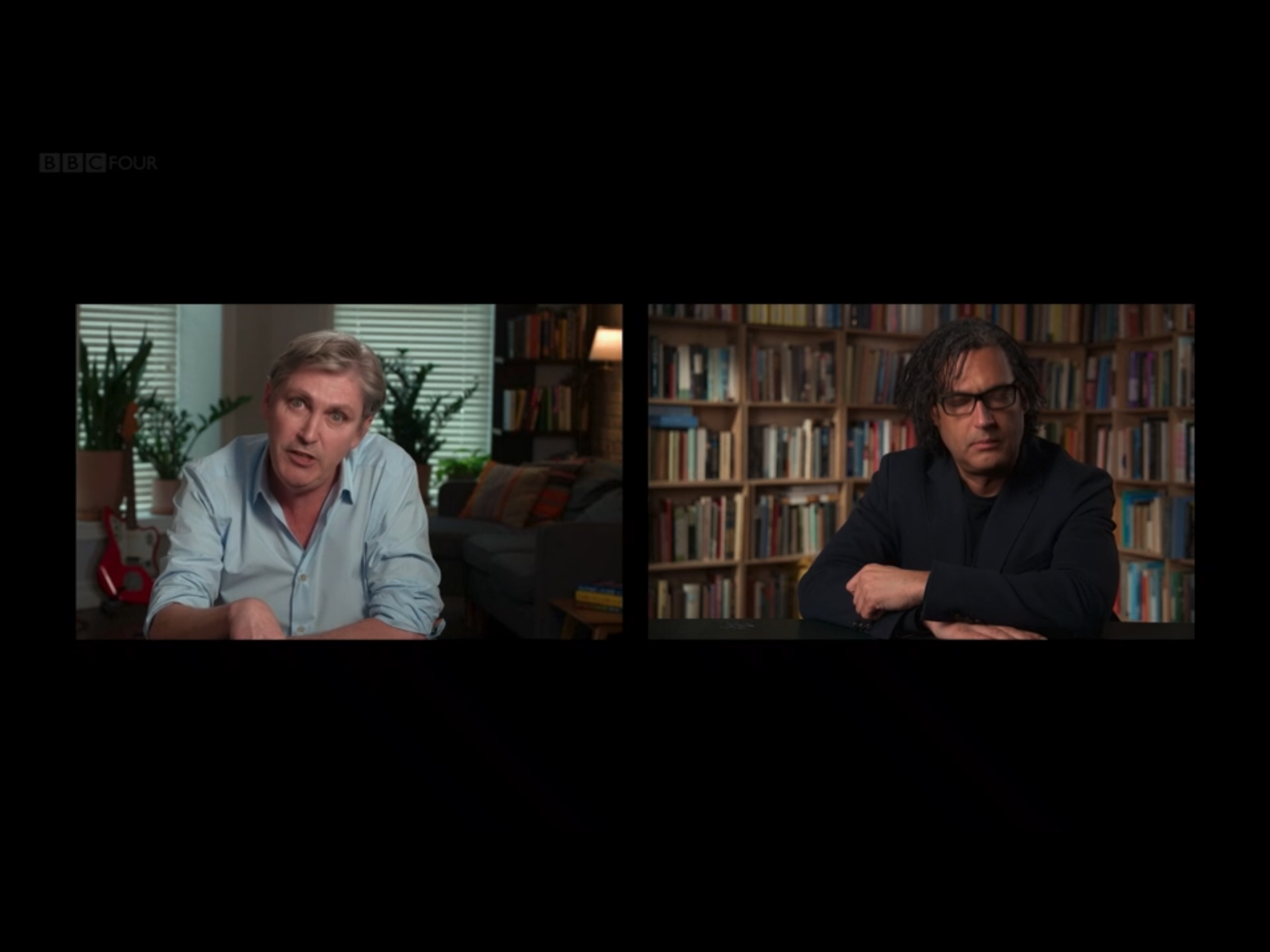A good watch on medical innovation and progress.
This evening, Extra Life (#ExtraLifeProject), a four-part TV series by US-based science and innovation writer [[Steven Johnson]] (@stevenbjohnson) went out on BBC FOUR. The series, based on his new book, focuses on the science and medical innovations which have doubled life expectancies for many in less than a century: Vaccines; Medical Drugs; Data; and Behaviour [links to come when published].

Co-presented with David Olusoga (@DavidOlusoga), it is a co-production with PBS in the US, where it started transmission a week ago. (Yes, I know most will watch over IP, not RF!) As well as the book, published by Riverhead in the US and the UK there will be a ‘middle-grade’ edition for younger readers, and a special issue of the New York Times Magazine devoted to the past and future of life expectancy.
This is an important series. We are often quick to problematise aspects of modern life, or its overall impact, and take for granted that were are here at all to make such complaints! Doubling life expectancy for many in less than a century beggars believe. Johnson notes (in a public post on Facebook) that these developments are significant because there are ‘so intimate and global at the same time’. But because they ‘happened slowly, the aggregate result of countless interventions, we don’t recognise it for the achievement it is’.
However, these life extensions are in indeed ‘extraordinary feats’, such as the development of a [[smallpox]] vaccine in the Eighteenth Century England, described in Episode 1, to smallpox’s ultimate elimination two centuries later.
In the most inspiring moment of the first episode, on Vaccines – of course the medical magic of the moment – [[Larry Brilliant]] describes how his World Health Organisation team tracked down the last person suffering from smallpox to a girl in Bangladesh, Rahima Banu, in a village on an island in the Ganges Delta.
When Rahima Banu coughed for the last time and the scabs fell off and were incinerated by the heat of the hot plains of Kuralia village, that was the end of an unbroken chain of transmission of Variola major going all the way to Pharaoh Rameses V. That virus that history has written about so many times, that ravaged mediaeval cities, that killed 30 kings and queens and emperors, that disease was gone, in that moment, with that young girl. That to me was the moment that history celebrates.
Do you want to join me in a bit of an experiment?
I want to help people make the most of the series and will publish my notes after each episode, as an experiment in guiding people’s watching, and providing links to people, places and events discussed, as well as some extra reading. This is part of my research into #AugmentedKnowledge and into helping each other learn.
These notes are extracted from my [[Commonplace Book]] to Evernote, and may include some markdown accordingly. See:
http://bit.ly/ExtraLifeProjectNicoNotes
If you choose to follow them, I would really value feedback on how useful they are and, more generally, how you gain lasting knowledge from such documentaries.
Also, feel free to RT my Tweet about it:
Nico Macdonald on Twitter: “On @BBCFOUR now: Extra Life: four-part @stevenbjohnson series on the science and medical innovations which doubled life expectancies for many in less than a century: Vaccines; Medical Drugs; Data; and Behaviour. Co-presenter @DavidOlusoga #ExtraLifeProject https://t.co/0Rs5AqAVnN / Twitter”
On @BBCFOUR now: Extra Life: four-part @stevenbjohnson series on the science and medical innovations which doubled life expectancies for many in less than a century: Vaccines; Medical Drugs; Data; and Behaviour. Co-presenter @DavidOlusoga #ExtraLifeProject https://t.co/0Rs5AqAVnN
